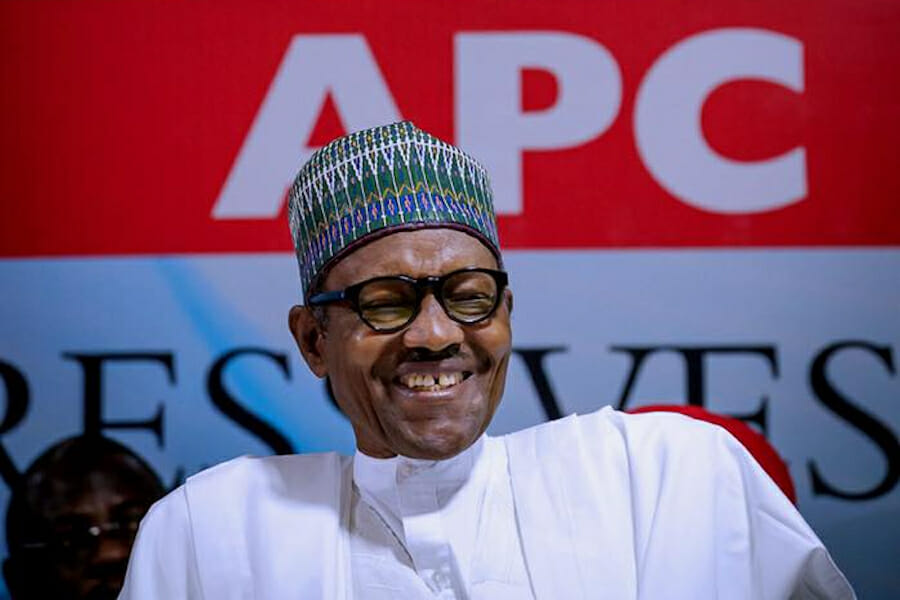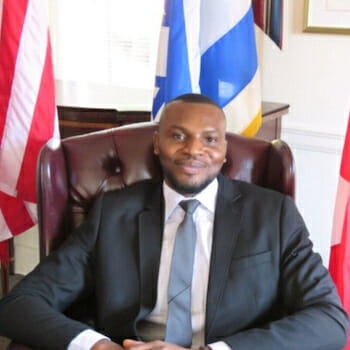
The Nigerian 2019 Elections: Risks and Trends of the South Eastern Separatist Movement
On February 16, 2019, about 85 million registered voters will determine the political fate of Nigeria in both the Presidential and National Assembly elections. This election marks the sixth quadrennial elections since the 1999 transition to democratic rule in Nigeria. Hitherto, elections in Nigeria have been marred by violence, voter suppression, and irregularities. However, the 2015 presidential election was heralded by both domestic and international observers as the first peaceful transition in which the incumbent, President Goodluck Jonathan ceded power to the declared winner of the election, Muhammadu Buhari. Nigeria’s democracy is far from ideal, but the current trajectory of peaceful elections is worth sustaining and improving upon.
Nonetheless, a unique threat that can pose a serious challenge to Nigeria in the aftermath of the 2019 general election is the resurgence of separatist movements among the Igbo people of Southeastern Nigeria. Decades after the failed attempts at secession that aimed to create a sovereign state of Biafra and the subsequent reintegration of the Southeasterners back into Nigeria, the Igbos have continued to express a consciousness of marginalization. Past administrations have given the Igbos a debatable sense of inclusiveness by granting them positions in the government and other key sectors. However, under the present administration of President Buhari, the Southeasterners perception of marginalization has become more pronounced, due to the administration’s failure to recognize them in the security architecture of the nation and other high profile positions. This has intensified the agitations for secession by different pro-Biafra groups. The most prominent of these organizations are the Movement for the Actualization of the Sovereign State of Biafra (MASSOB) under the leadership of Chief Ralph Uwazuruike, and more recently, the Indigenous People of Biafra (IPOB) under the leadership of Nnamdi Kanu.
These separatist organizations are far from cohesive and do not truly represent the interest of most Southeasterners. One can readily distinguish at least three distinct echelons of the society among the Southeasterners. Each echelon has its own needs, interests, stakes, and differences in its motivations for secession. The first echelon is comprised of former, current, and future political actors. In so far as this class of people continues to play roles in politics or have future assurances, they have little or no ambition for secession. The second echelon represents those with, either business or religious, establishments in Nigeria. The success and continuous profitability of such establishments depend on the large market, labor, and profits generated in the country. Thus, secession would be counterproductive; as such they prefer the status quo. The third and last echelon is the grassroots members. Within this class are the unemployed youths, especially those holding university degrees and who are unable to find any employment. This group is the most lethal and vehement on the need for secession. The followers of the Biafra movement is largely drawn from this pool of society.
Although, the idea of a sovereign state of Biafra is still at best idealistic and may not be in the immediate offing. But the post-election policies of whoever is declared the winner of the presidential race, especially in how political offices are distributed, will largely shape the future of these separatist movements. Exclusionary policies can consolidate ununified groups into one large cohesive movement. The leading contenders in the presidential race are President Muhammadu Buhari, the candidate of the All Progressive Congress (APC), and former Vice President Atiku Abubakar of the People Democratic Party (PDP). Already perceived as unfriendly to the Igbos, President Buhari, should he win the election, would have to concretely demonstrate that his administration is inclusive. Many will also expect that he finds mechanisms that alleviate the marginalization sentiments among the Igbos. Atiku Abubakar (President Buhari’s opponent) running mate, Peter Obi, is from the Southeast and a former governor of Anambra State. His position as vice president can go a long way to assure the Southeasterners that there is hope for them in Nigeria in future elections, especially in the 2023 presidential election, when the presidency is expected to be zoned to the south.
Successive administrations in Nigeria have largely dealt with the separatist movements more as a unified whole. However, recognizing that there are different classes of Southeasterners who have divergent interests and needs would lead to effective strategies in devising ways of dealing with each group based on its respective motivations, needs, and interests. Also, a winner takes all policy in distributing the spoils of the upcoming election may be the spark that would trigger a violent reaction from a group that has considered itself as the victim of marginalization. Hence, post-election policies must be inclusive, at least to assuage the feelings of those who consider themselves as marginalized.

